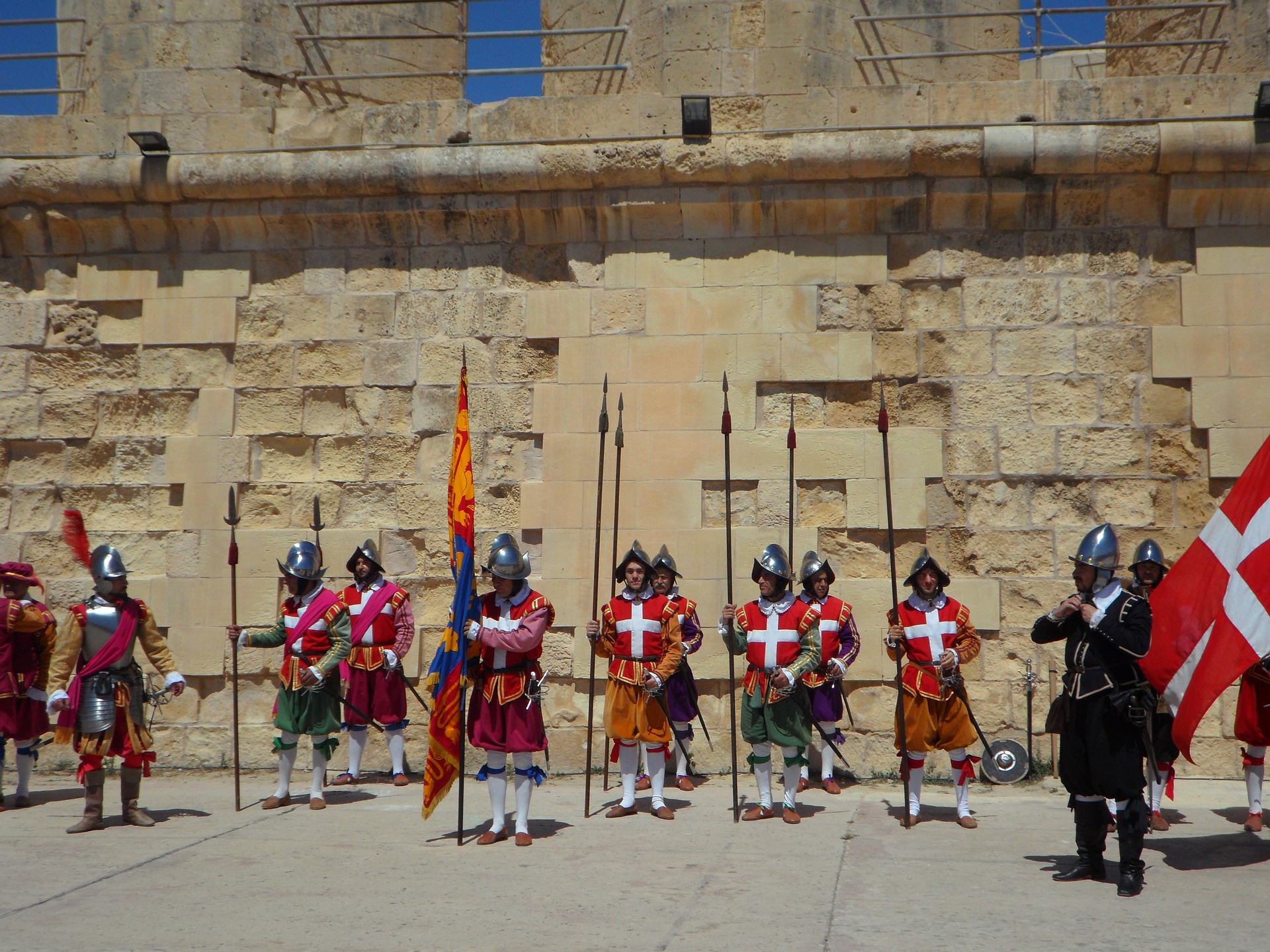Malta, a picturesque archipelago nestled in the Mediterranean Sea, is not only renowned for its azure waters and stunning landscapes but also for its captivating history. From ancient civilizations to colonial influences, the historical narrative of Malta spans thousands of years. Let’s embark on a fascinating exploration of Malta’s vibrant past, delving into its significant milestones and the remarkable cultural heritage that has shaped the island we know today.
Ancient Roots
Malta’s history dates back to prehistoric times, with evidence of human habitation dating as far back as 5200 BC. The island is home to unique Neolithic temples, such as Ġgantija, which predate even the pyramids of Egypt. These temples are a testament to the advanced civilization that thrived on the Maltese islands during the dawn of human civilization.
Phoenician and Carthaginian Influence
In the 8th century BC, the Phoenicians, skilled seafarers and traders, established colonies on Malta. They left a lasting impact on the island’s culture, language, and commerce. The Carthaginians, who succeeded the Phoenicians, further enhanced Malta’s strategic importance in the Mediterranean.
Roman Era
During the 2nd and 3rd centuries BC, Malta came under Roman rule. The Romans recognized Malta’s strategic location and transformed it into a thriving hub for trade and commerce. Roman villas, mosaics, and artifacts discovered on the islands bear witness to this era.
Arab Rule and Norman Conquest
In the 9th century AD, Arab forces seized control of Malta, leaving an indelible mark on the island’s architecture, language, and culinary traditions. However, their reign was short-lived, as the Normans, led by Count Roger, conquered Malta in 1091. The Normans introduced feudalism and Christianity, setting the stage for Malta’s medieval period.
The Knights of St. John
One of the most influential chapters in Malta’s history is the arrival of the Knights of St. John in 1530. These noble knights, also known as the Knights Hospitaller, fortified the island against Ottoman invasions and established the renowned city of Valletta, now a UNESCO World Heritage site. The legacy of the Knights can still be seen in the impressive fortifications and architectural wonders that dot the island.
French and British Rule
In 1798, Napoleon Bonaparte’s forces briefly occupied Malta, only to be expelled by the Maltese themselves with the help of the British. Subsequently, Malta came under British rule in 1800, which lasted until its independence in 1964. British influence on Malta’s governance, language, and education system left an enduring imprint on the island.
Conclusion:
Malta’s history is a captivating tapestry woven with the threads of ancient civilizations, colonial powers, and heroic struggles. From the Neolithic temples to the grandeur of Valletta, each era has left its mark on the island’s cultural heritage. By exploring Malta’s rich history, we gain a deeper appreciation for the captivating island we see today. So, when you visit Malta, take a moment to immerse yourself in its storied past and let the echoes of history resonate through your journey.

